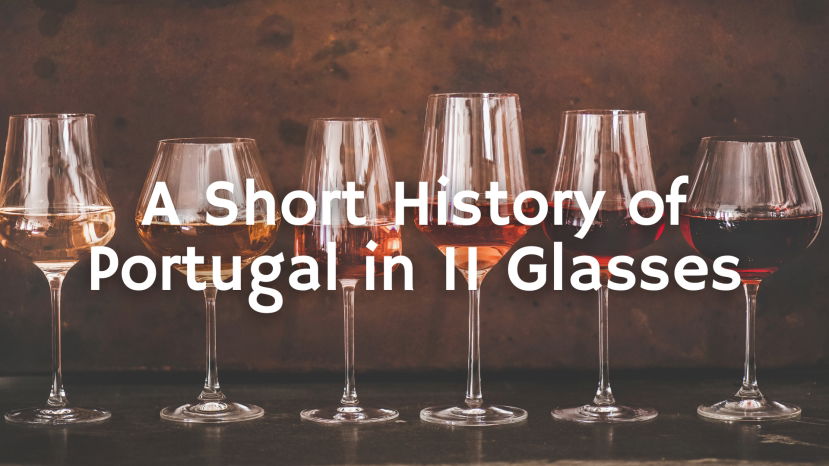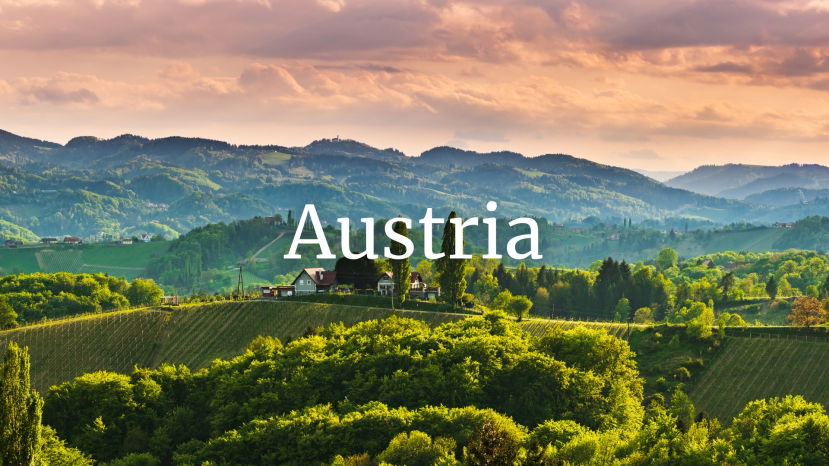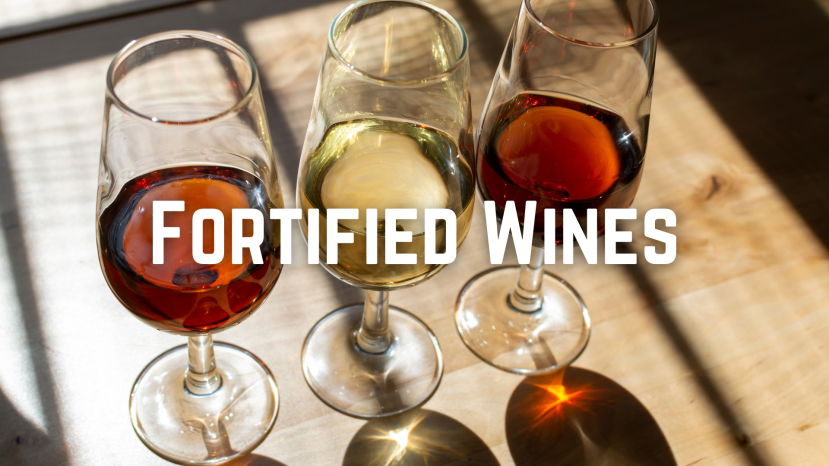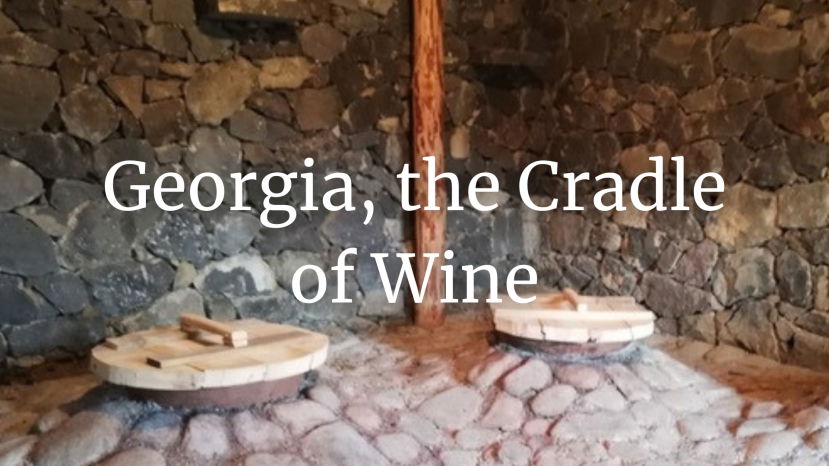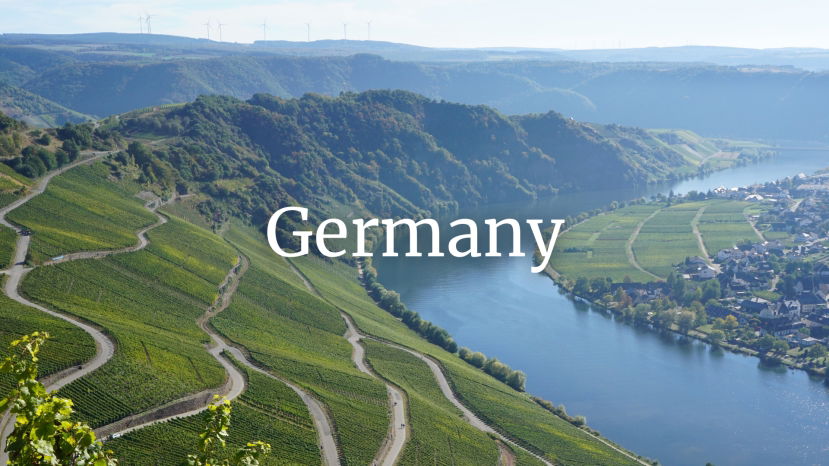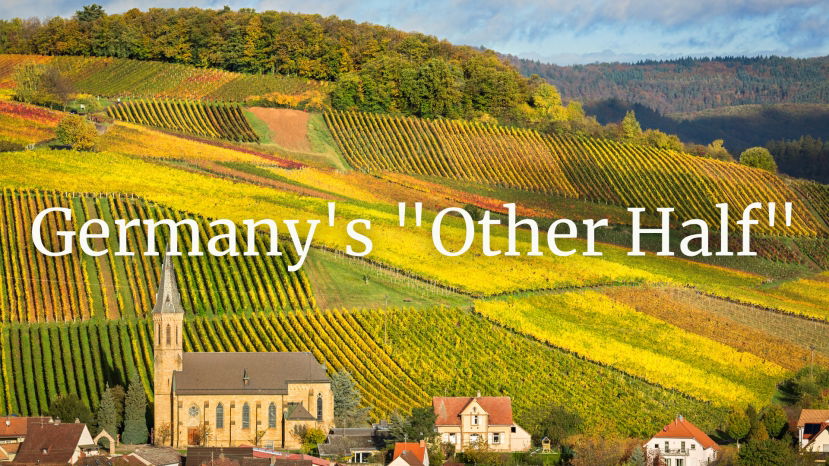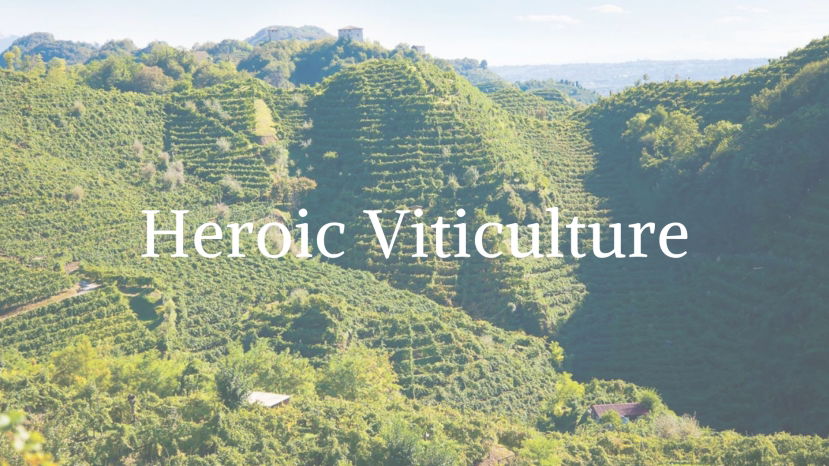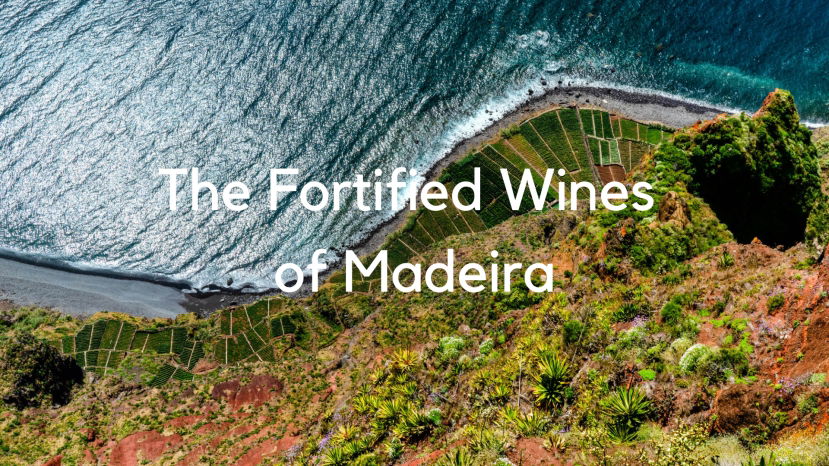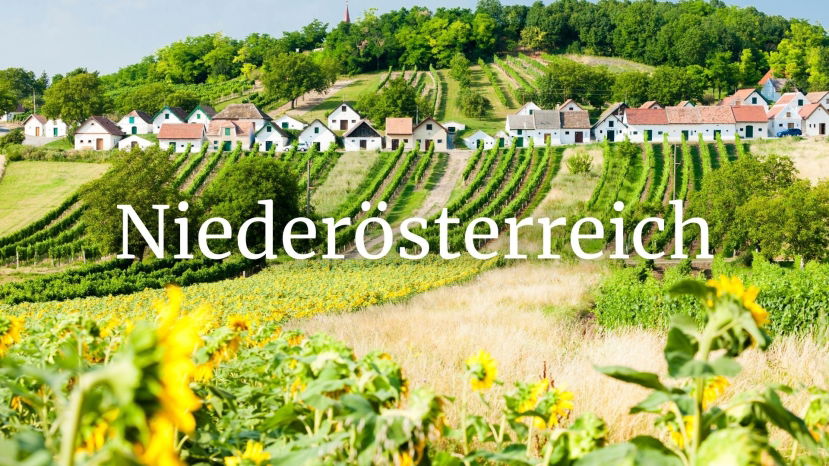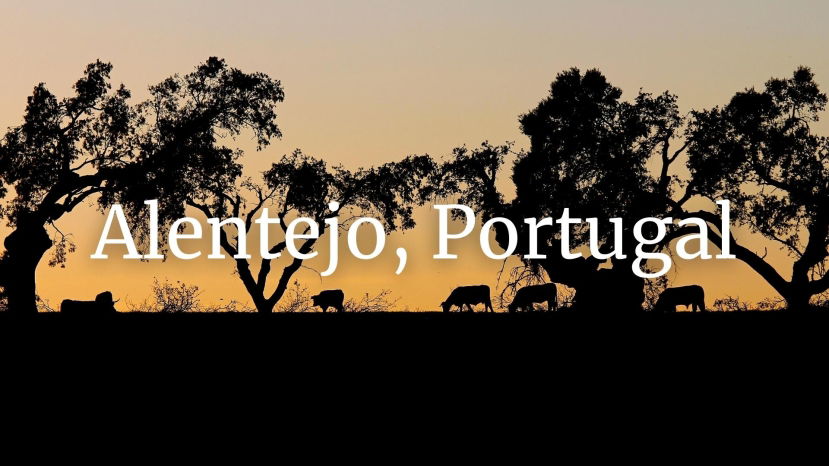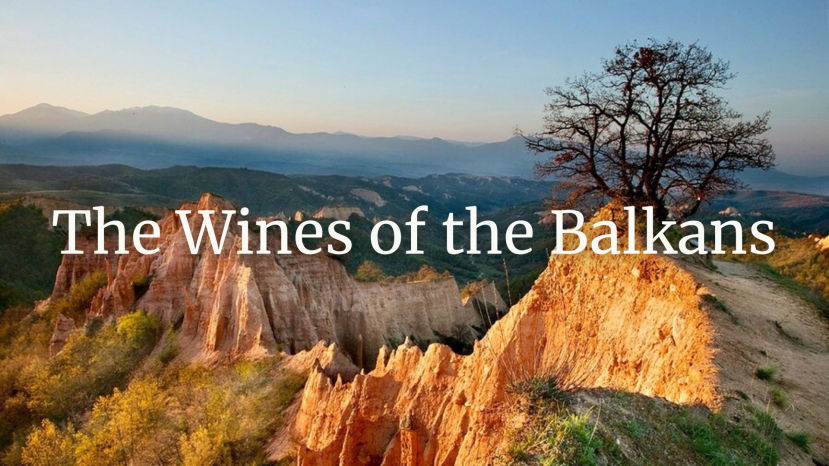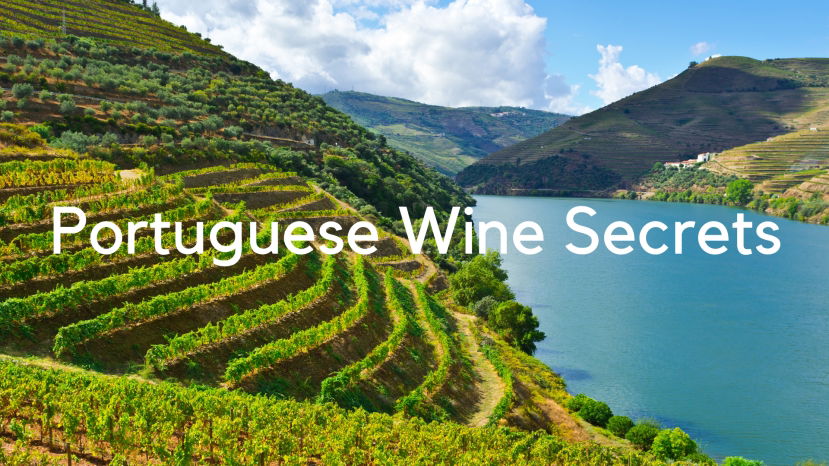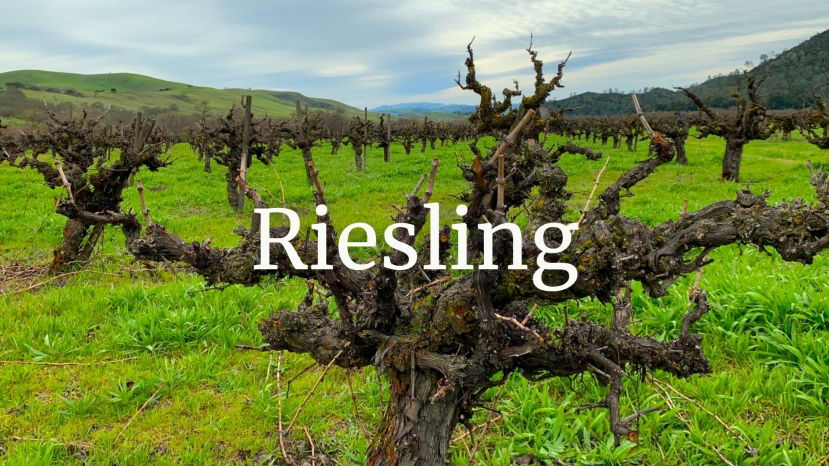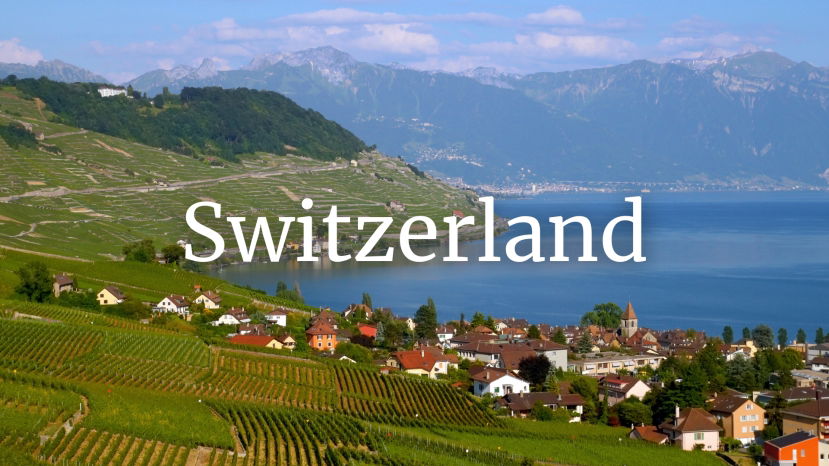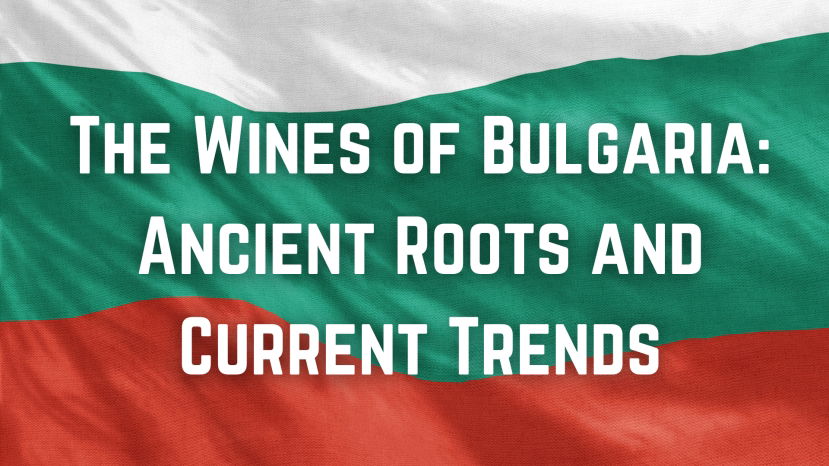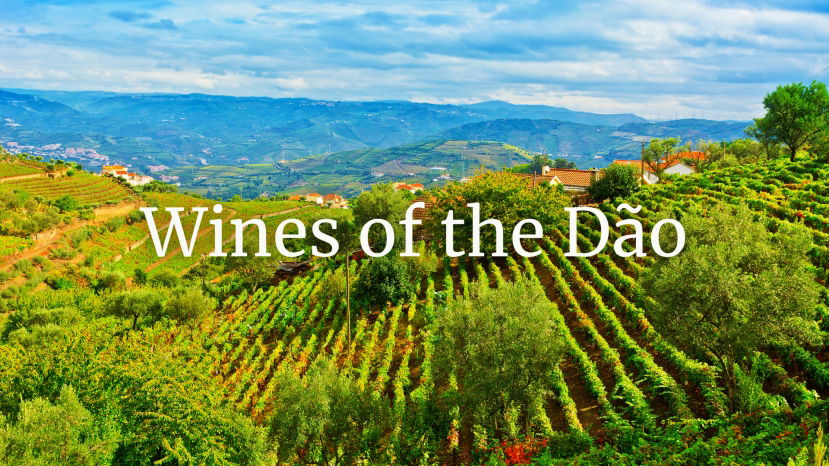BLOG
Other European Wines
Summary: Most wine presentations focus on viticulture and enology, but Paul has always maintained that wine is a product of local and regional culture far more than it is of geology and climate.Most people have only a vague idea of Portugal and its culture, and yet it has one of he most fascinating roles in the world of wine. In this presentation, Paul Wagner traces the roots of the Portuguese wines and ties them to the history of both Portugal and the rest of the
Summary: While Austria in terms of volume only plays a minor role in the global wine context, the country’s wines have gained more and more fans around the world thanks to their high quality and unique elements. The diversity related to the size of Austria’s vineyards is immense, ranging from zesty Grüner Veltliners and vibrant Rieslings along the Danube valley over to Vienna’s field
Summary: After a first webinar earlier this year on the vins doux naturels of France, Guilherme will focus this time on the fortified wines from the rest of the world with a focus on Italy, Spain, Portugal, Greece and New World (i.e. South Africa, USA, Australia). He will explain them in their historical
Summary: The republic of Georgia sits in the shadow of the Caucasus mountains, bridging east and west. No other country in the world has 8,000 years of documented wine consumption, and no other country has such an unbroken tradition of making wine in the buried clay vessels known as qvevri – a tradition that we know is at least 6,000 years old. What does this unique country, with its
Summary: Some of the steepest vineyards in the world, one of the coolest climates and the most delicate grape varieties: All these superlatives allow Germany to produce world class wines which are so unique because of their origin. This session will present the six wine regions of the Northwest: Ahr, Mosel, Mittelrhein, Nahe, Rheingau and Rheinhessen. After a general introduction topics
Summary: Even away from the textbook regions of the Mosel and Rhine, Germany’s wine culture flourishes. Riesling and slate are less dominant, a wider array of varieties and terroirs step into the spotlight, all defined more by proximity to forests and mountains than rivers thanks to their comparatively warmer climates. Underestimated, sometimes even by the Germans themselves, these are four large yet very distinct regions
Summary: Wines from Great Britain, for so long considered something of a joke by the wider wine-world, have, in the last 20 years, started to make their mark. GB’s sparkling wines have been winning national and international Gold medals and Trophies with regularity and their still wines, from a slower start, are also beginning to prove their worth.
Summary: In this WSG Live, we will explore the great wines of Europe crafted in some of the most intense situations. Appellations such as: Valtellina, the Mosel, the Cinque Terre, Lanzarote, and more! Join us to explore the magical house of cards which allows these wines to exist under such extreme circumstances: terroir conditions, human ingenuity and passion. Discover the serendipity
Summary: Fortified wines such as port, sherry or marsala are slipping out of fashion. It’s no different with Madeira, but this highly food-friendly beverage deserves your attention. Madeira is unique in its exceptional acidity and freshness, and also in its ability to age. No other wine has the ability to start showing its fruit at its best when 100 years old. We’ll talk about this Portuguese island – where it is, and why the terrain
Summary: Niederösterreich is Austria’s largest province and also its biggest wine-growing region for “Qualitätswein”. This province is home to the most famous Grüner Veltliners and Rieslings from the country but is known for much more than these two precious grapes. Under its name is gathered an abundant diversity of wine cultures, ranging from vinous stylings of local varietal rarities to distinctive interpretations of
Summary: The Alentejo is a massive, sprawling wine region to the south of Portugal. It often has a reputation for mass produced wines produced from international grape varieties, and you’ll find cheap Alentejo wines sold in every corner of Portugal, and even on the islands of Madeira and the Azores. But Alentejo holds a great deal more interest than just budget priced Syrah or
Summary: In this second part of the webinar dedicated to the wines of the Balkans, we are going to cover the countries which we couldn’t cover in part 1: Croatia, Slovenia, Greece and European Turkey. A fascinating journey in one of the last zones in Europe still partly undiscovered and unveiled where ancient traditions and deep-rooted wine culture melt with modern, terroir-driven
Summary: The Balkans, a colorful mosaic and a melting pot of cultures, languages, ethnicities, ancient indigenous grapes and fascinating terroirs are perhaps among the very few areas in Europe still holding the allure of mystery of the undiscovered, the exotic, the unknown.Join us in this introductory WSG Live on the wines from the Balkans providing an overview of the different countries
Summary: Why is it that Portugal tends to get pigeonholed as just Port wine, or cheap Vinho Verde? This small but important European wine nation offers a huge diversity of wine styles across the whole length of the country. The vineyards span an incredible variety of differing climates and terroirs, and teem with fascinating indigenous grape varieties. What’s old is new in Portugal –
Summary: Riesling isn’t the first grape we think of when considering “international varieties.” Yet it thrives from the suntraps of Napa Valley to the cool valleys of the Antipodes. In this WSG Live, we will briefly examine the origins of Riesling, trace its early spread through Germany, and then zero in on the surprising range of regions where it thrives today: Alsace, Austria, Luxembourg, Northern Italy, the U.S. West Coast, Michigan, and New York, as well as Australia
Summary: Though Switzerland only exports 1-2% of its wines, this small country of approximately 8.5 million inhabitants has one of the richest vinous cultures of Europe. They also have the fourth highest wine consumption per capita in the world with approximately 40% of their bottles coming from their own country. Switzerland is truly a country of wine lovers. This webinar will explore the diversity and beauty
Summary: Join us for an introduction to the wines of Bulgaria, with its over 6000 years of wine making history. We will start at the beginning with the rich ancient wine heritage and move towards the modern day, touching on topics such as the main wine regions, the most widely planted grapes, and interesting indigenous varieties. Once a country associated with cheap bulk-wine production for the export market, Bulgaria has
Summary: Tokaj is no longer a ‘one-trick pony’ of the wine world, producing botrytised sweet wines that everybody respects for their balance and complexity – and hardly ever drinks. While such wines are still made and represent most of the value Tokaj creates, the past decades have seen some unprecedented changes and the rise of terroir-driven dry varietals that are becoming the growth driver in the region as Tokaj enters
About Marinela Ardelean Marinela Ardelean is a wine and spirits expert from Maramures, Transylvania. Her love of wine began when studying abroad for her MBA in Italy. Italy, now her second home, inspired her first book which paired the then unknown Romanian wines with dishes from fine Italian cuisine.
Summary: Portugal’s more northerly Douro region tends to hog the limelight, but the wilder and more barren Dão has many vinuous secrets to offer wine lovers. Once lumped together with Bairrada (the Portuguese still refer to both together as “Beira”), the Dão has its own unique signature. Home to Portugal’s highest mountain, the Serra da Estrela, it’s a mountainous and depopulated region

